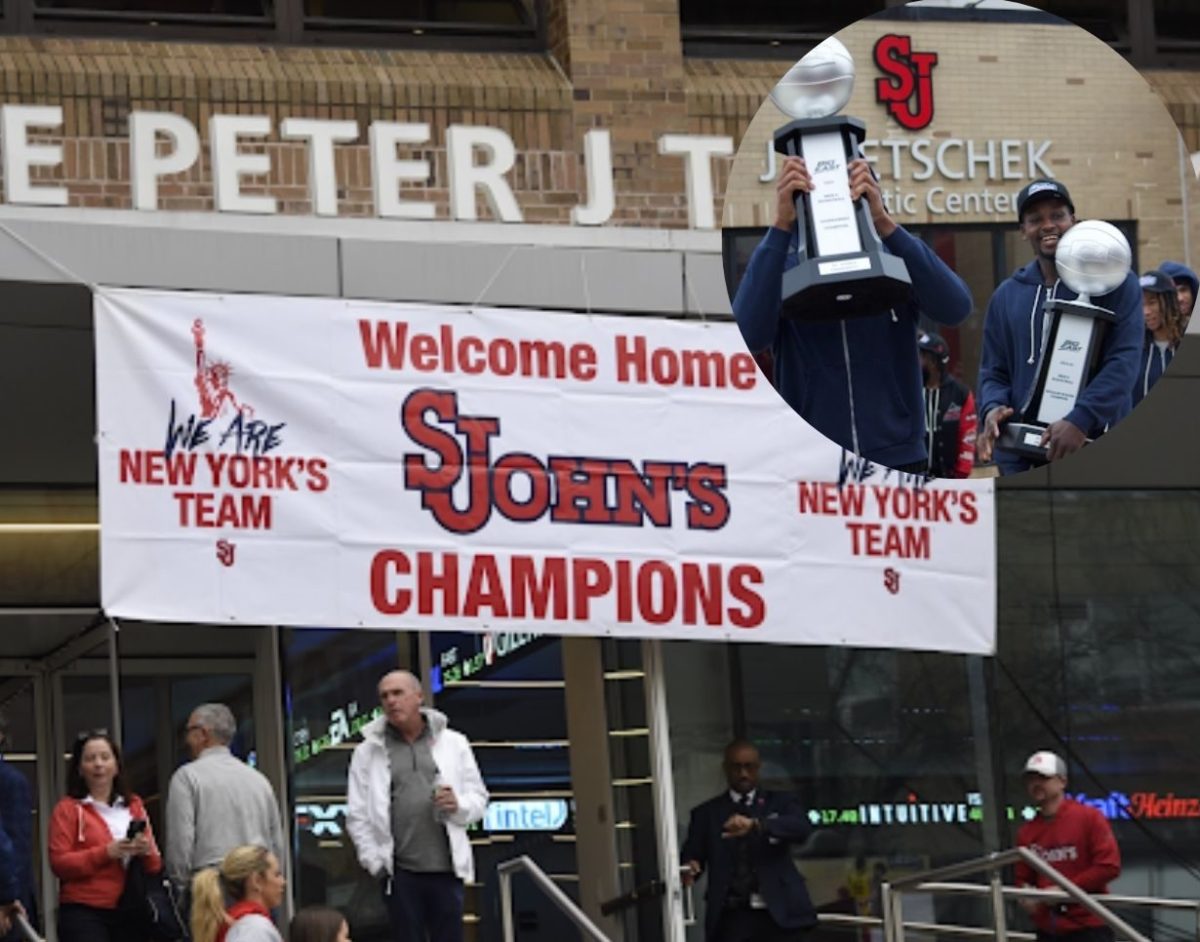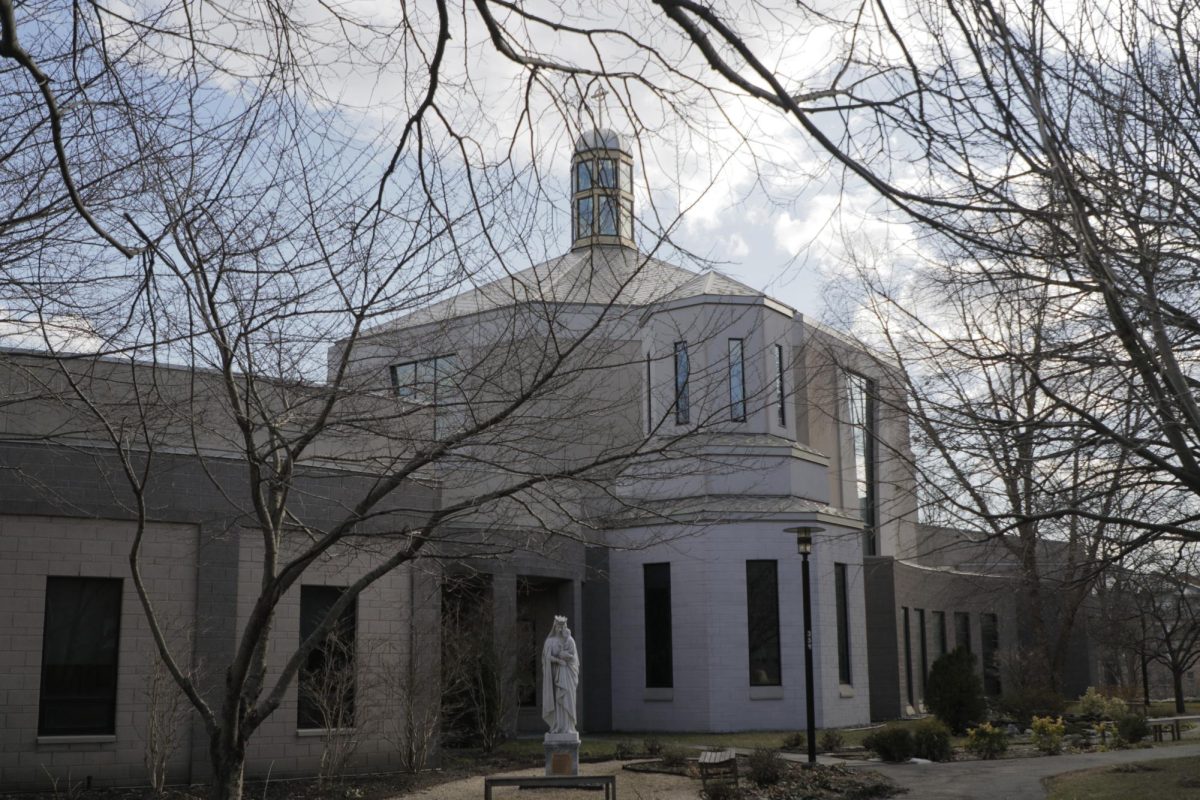Distinguished professor and author Dr. Jeanne Theoharis discussed her new book “A More Beautiful and Terrible History: How The Truth About the Civil Rights Movement Informs Action for Racial Justice Today” in Marillac Auditorium last Monday, March 5.
This event was held by the Academic Center for Diversity, Equity and Inclusivity, the Department of History, the Ronald H. Brown Center for Civil Rights, the Office of Multicultural Affairs, the Africana Studies Program, the newly formed Taskforce for Diversity and Inclusion and Academic Center for Equity and Inclusion.
Theoharis led the conversation about the untold history of the civil rights movement facilitated by Dr. Robert Bland, assistant professor of history at St. John’s, and Dr. Natalie Byfield, journalist, author and associate professor of sociology at St. John’s.
The event was organized by Jennifer Nival, the assistant director for Multicultural Affairs, and professor of law and director of the Ronald H. Brown Center for Civil Rights and Eco. Dev Elaine Chiu.
Theoharis, who is a professor of political science at Brooklyn College, gave an inspiring and important conversational discussion on the unspoken history of the Civil Rights movement. Sophomore Kayla Hanson called it inspiring “because we aren’t often told about the whole ordeal, we are only told one image.”
The discussion began with Bland and Byfield asking Theoharis to discuss the reasoning behind the creation of the book and who the specific audience was for this book.
“I noticed how many teachers were hungry for this, how the young people wanted to know these things too,” Theoharis said.
Theoharis noted that the inspiration for her book title came from a speech by James Baldwin where he said, “American history is longer, larger, more various, more beautiful and more terrible than anything anyone has ever said about it.”
The main conversation was targeted around the “redneckiffication of racism” and the ideas of “polite racism,” as Theoharis phrased.
Bland brought up the conversation of “polite racism” when asking Theoharis, “What happens when the ‘villains’ of the civil rights movement are no longer Bull Connor or the KKK, but principals in public schools in New York or people who are polite and nice.”
“They [Bull Connor and the KKK], may not even be our biggest problem, it’s our middle-class white parents who don’t want to integrate,” Theoharis said.
She continued by discussing how those who were not in the south, saw the issues and looked down on the injustice in the south, but when it came to desegregation in their own town, they would “rise up in masses and make it clear that they didn’t want it, and politicians would listen.”
Sophomore Communications major Kaylie Meedum thought this concept of “polite racism” was thought-provoking and interesting.
“I found it really interesting how she [Theoharis] introduces the whole ‘polite racism’ think and how our worst enemies are those who just let it [racism] happen,” Meedum said.
“The myth that I try to overturn is the idea that the civil rights movement is only in the south. That’s the idea that is taught to us, presented and memorialized,” added Theoharis, in relation to the “redneckiffication” of racism.
This theory of how the only danger was in the south where African Americans were being beaten, taken off buses and brutalized by police officers is only part of the history of the Civil Rights Movement.
“The biggest civil rights demonstration occurred a year after the Million Man March right here in New York when nearly half a million students and teachers stayed out of New York City schools to protest the desegregation of schools,” Theoharis said.
Theoharis discussed further how the New York Times, which usually covered in comprehensive condemning of the south and the events happening there, but when people wanted integration in their “backyard,” “The New York Times calls it [the one-day boycott of New York city schools] irresponsible, reckless and violent.”
The discussion was based on her new book and the “whitewashed” history of the civil rights movement.







